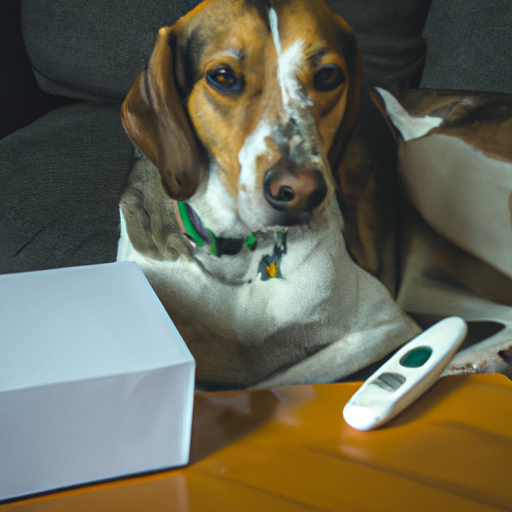As a caregiver, it’s your responsibility to ensure your beloved pets are in the best of health. But, what does it mean when your dog’s nose is running? There are a multitude of reasons why this could be happening. Let’s delve into the details.
1. Common Causes
Just like humans, dogs too can have a runny nose due to a variety of reasons. Here are some common causes:
- Allergies: Dogs can be allergic to a variety of substances such as certain foods, dust mites, pollen, etc.
- Irritants: Smoke, perfume, cleaning products can irritate your dog’s nose.
- Upper Respiratory Infection: A runny nose can be a sign of an infection in the upper respiratory tract.
- Dental Problems: Infected teeth can lead to a runny nose.
- Foreign Objects: Sometimes, a foreign object may get stuck in your dog’s nose causing it to run.
2. When to Worry
Don’t panic at the first sign of a runny nose. However, here’s when you should seek veterinary help:
- If the nasal discharge is accompanied by other symptoms such as loss of appetite, coughing, sneezing, or lethargy.
- The discharge is bloody or has an unusual color or smell.
- The condition persists for more than a day or two.
3. Diagnosis and Treatment
The vet will likely conduct a thorough physical examination, review your dog’s medical history, and may order certain tests. The treatment will depend on the underlying cause.
| Cause | Treatment |
|---|---|
| Allergies | Antihistamines, Steroids |
| Irritants | Removal from source |
| Infection | Antibiotics |
| Dental problems | Dental cleaning, tooth extraction |
| Foreign object | Removal under anesthesia |
4. Prevention
While not all causes of a runny nose are preventable, here are some steps you can take to minimize the risk:
- Regularly clean your dog’s living area.
- Limit exposure to potential irritants.
- Provide a balanced diet.
- Regular vet check-ups.
5. FAQs
Here are some frequently asked questions about dogs and runny noses.
Q1: Can a dog’s runny nose be due to cold weather?
Yes, cold weather can cause a dog’s nose to run. This should resolve once they are in a warmer environment.
Q2: What color should the discharge be?
Clear discharge is usually not a cause for concern. But if it’s yellow, green, or bloody, consult a vet.
Q3: Can a dog’s runny nose be a sign of COVID-19?
While dogs can catch COVID-19, a runny nose is not a common symptom.
Remember, as a caregiver, your dog’s health is in your hands. A runny nose may be a small issue or a sign of something more serious. Always err on the side of caution and consult your vet when in doubt.



